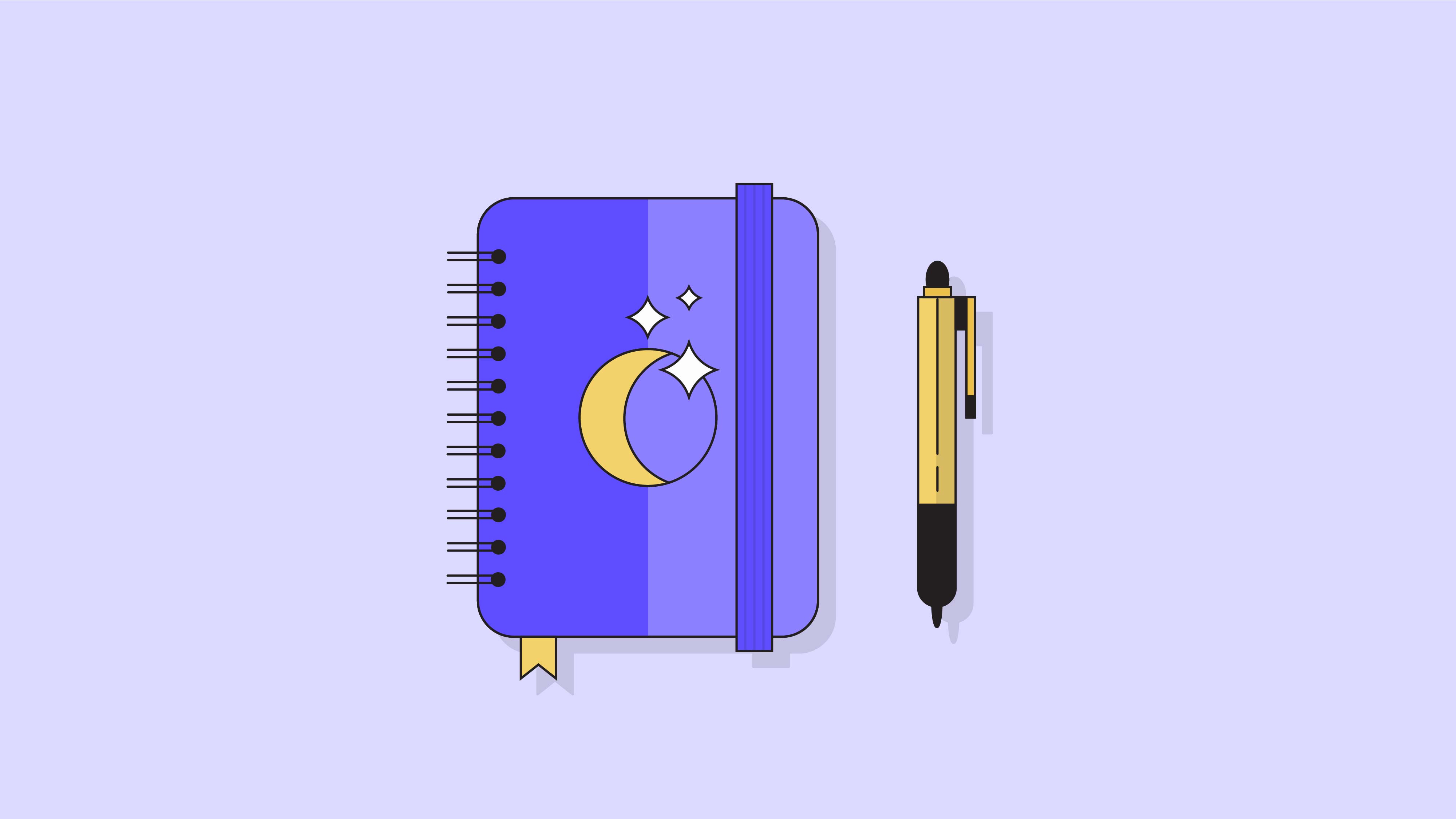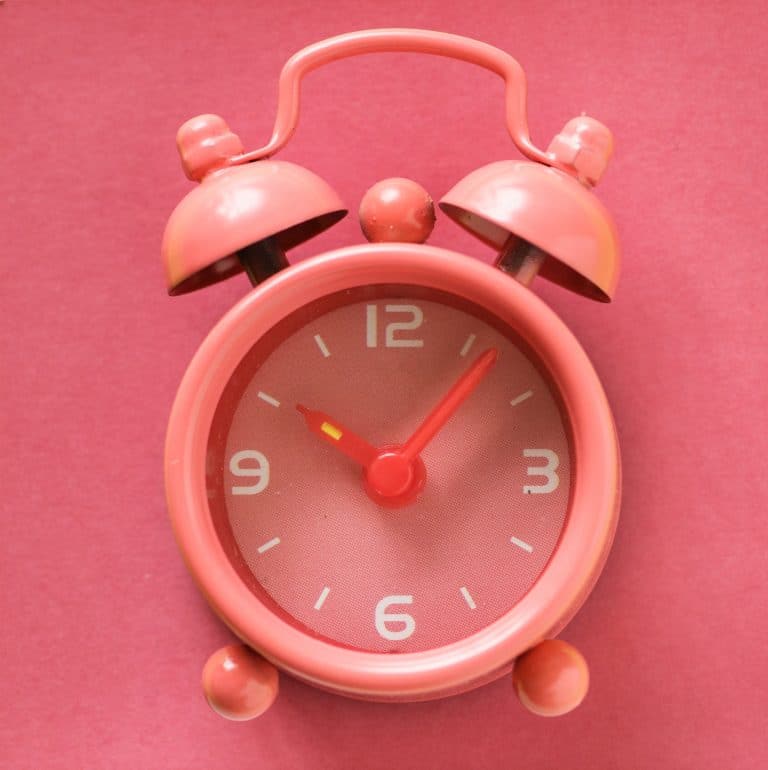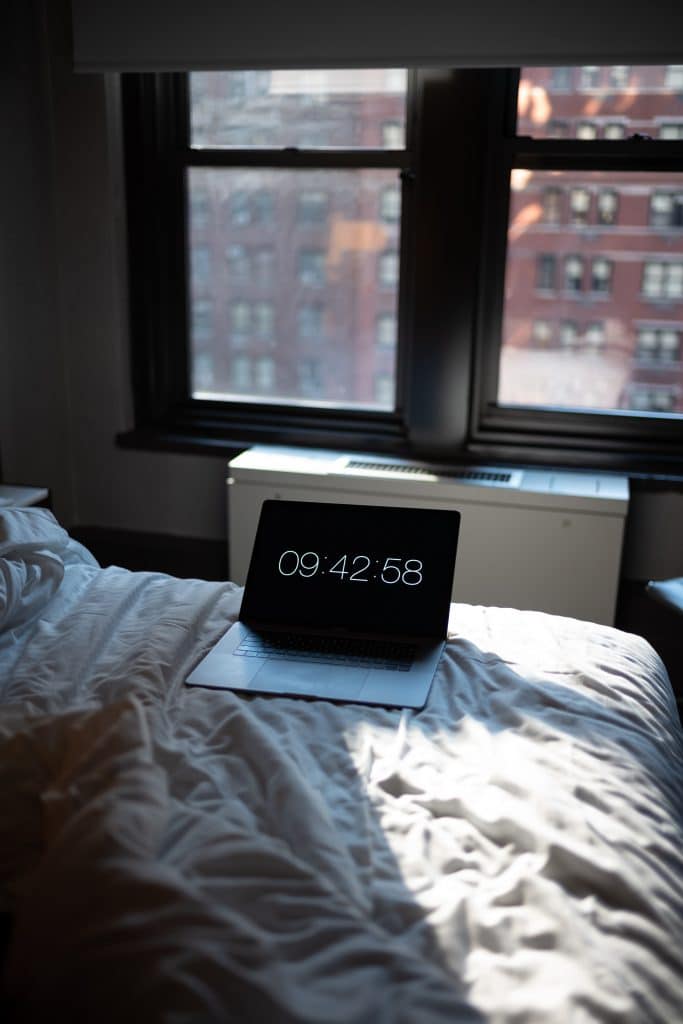Should You Use an Alarm Clock?
- Understanding your natural sleep-wake cycle can eliminate the need for alarm clocks, promoting better sleep quality and reducing the risk of sleep deprivation and its associated effects.
- To comprehend your individual sleep needs, maintain a consistent sleep routine, and document your sleep patterns over a week or two, aiming for an adequate number of hours each night.
- While various types of alarm clocks exist, opting for a sunrise alarm that mimics natural light and sound can be a more peaceful alternative to traditional loud alarms or smartphone alarm apps, which can disrupt sleep and contribute to morning stress.
The last thing most people want to wake up to in the morning is a shrill, loud alarm clock. Rise and shine alarms are stress inducing, they wake you even when your body isn’t ready, and they can lead to sleep deprivation. So why do so many people continue to rely on alarms?
Maybe because it’s difficult to get up on time without them. But what if we could change that? The key to eliminating the alarm clock from your mornings is to understand the science behind sleeping and waking.
Why the Alarm Clock Is So Bad for You
Understanding why morning alarms are so detrimental to your night’s sleep is to understand what goes into a good night’s sleep. In a typical night, you go through 4 or 5 sleep cycles. Each cycle is made up of four stages of sleep: Stage 1, Stage 2, Stage 3, and REM sleep.
- Stage 1 is the lightest stage of sleep, during this time you’re drowsy, your muscles relax, and your brain waves slow down.
- In Stage 2, it is harder to wake up because your brain activity prevents internal and external stimuli from disturbing you.
- Once you enter into Stage 3 of sleep, you’re officially in a deep sleep. Sleepwalking, sleep talking, and night terrors are common in this stage, and it is tough to wake up. Next, comes REM sleep.
- The REM sleep cycle, otherwise known as the “dreaming stage” is the stage in which your brain is organizing and interpreting the day’s events and readying itself for a new day.1
Why is your morning alarm so bad for you? Simply put, they don’t have the ability to gauge what stage of sleep you’re in and will sound off at a particular time, even if it isn’t the optimal time to wake up. Waking up before your body is ready can lead to daytime fatigue, irritability, and over time, sleep deprivation.

If you find your alarm is always waking you out of a dead sleep, you’re not getting enough Zzz’s at night. To stop waking up groggy every morning, develop a bedtime routine and go to bed earlier— how much earlier will vary person to person. Fortunately, understanding your own sleep needs is as simple as dedicating a week or two to getting good sleep and documenting it in a sleep journal.2

How to Understand Your Own Sleep Needs
Understanding your own sleep needs isn’t very difficult, but following a regular routine takes dedication. In general, most adults need 8 hours of sleep, but requirements vary from person to person and will change at different stages of your life.
Typically, newborns need 12 to 16 hours of sleep per night, while people over the age of 65 usually feel rested after a brief 7 hours. Most sleep scientists say adults between the ages of 18 to 65 need 7 to 9 hours of sleep.
Most people will deprive themselves of sleep during the week, and sleep in on the weekends. Yet, our bodies aren’t designed to “catch up” on sleep, and having a large sleep debt can lead to mental and physical fatigue. Instead, our bodies prefer to go asleep at the same time and wake up at the same time all seven days a week. To consistently get good sleep, determine how many hours of sleep you need, develop a bedtime routine around your own sleep needs, and do your best to stick to this routine every night.3
To gauge how many hours of sleep you need, dedicate one or two weeks to going to bed early and letting your body sleep in until it naturally wakes. You will start to fall asleep and wake up every day around the same time. Be sure to document what time you fall asleep and what time you wake up every morning in a sleep journal.4
If you find you need 9 hours of sleep every night, it’s best to go to sleep 9 hours before you plan to wake. Doing this will keep you on schedule to wake up on time. For best sleep, practice good sleep hygiene and stick to a regular bedtime routine.
Types of Alarm Clocks
If you’re somebody who doesn’t feel comfortable not setting an alarm, utilize one only as a back-up, in addition to going to bed early enough to wake up on time naturally.
There are different types of alarm clocks in the market, traditional, digital, telephone, and sunrise.5
A traditional alarm is the oldest kind, and requires you to wind it up to prime the gears with a chime. It has a large bell on top and will wake you up with a loud shrill in the AM. Taking this into consideration, these aren’t everybody’s top choice.
Digital alarms are much more common than their predecessor. These clocks allow you to set multiple alarms and wake up to a song of your choice, the radio, or some light beeping. Most everyone’s favorite feature on the digital alarm is the snooze feature, which allows you to sleep for another 7 to 9 minutes before it rings again. But if you’re hitting snooze often, it’s a clear sign you are not getting adequate sleep.
The telephone alarm is self-explanatory, it is the alarm clock app on your phone. Using this is problematic for many reasons, the most significant being you’re required to keep your phone at your bedside to use this alarm.
A sunrise alarm simulates a sunrise in your room, making it one of the most peaceful options. At night, you tell the sunrise alarm what time you’d like to wake up. Thirty minutes before you’re set to wake up, this alarm emits light similar to a rising sun. The light gradually increases until your bedroom is lit up to simulate the early morning. These alarms reinforce your natural sleep-wake cycle by providing morning light to wake you naturally. Usually, you wake up from the light before the alarm sounds, but in case you don’t, the alarm will ding at the time you set to wake the night before. If you’re going to use an alarm in the morning, choose the one that will wake you with morning sunshine and soft bells.

Why You Should Ditch the Alarm Clock App
Most people choose to use the alarm clock app built into their phone for convenience, but keeping your phone near you while you sleep can cause interrupted sleep and stress in the mornings.
Picture this, you wake up before your alarm rings, and you’re wondering what time it is. Naturally, you reach for your phone because you don’t have a digital clock nearby. You push unlock, and the harsh blue light from your phone hits your eyes. After your eyes adjust, you see it’s an hour before you’re supposed to wake, but you also see notifications awaiting your reply. Now, you’re in bed, distracted, scrolling through your phone thinking about the day ahead before you were even supposed to be awake.
Whether it’s work emails or text messages, keeping your phone by your bedside can be distracting, preventing you from falling asleep. If you’re going to use an alarm, invest in a small one and keep your phone in another room to allow yourself to wake up before diving into the notifications on your phone.6
Life After the Stressful Alarms
Keeping your natural sleep-wake cycle in sync is the best way to wake up feeling refreshed every morning. Living without an alarm to wake you up is peaceful way to start the day. Sticking to a regular routine can be tough, but for best sleep and the healthiest life, we recommend taking the proper steps to understand your own sleep needs and adjust your day-to-day to allow your body to get the sleep it requires.
Sources:
1. https://lifehacker.com/why-you-shouldnt-be-relying-on-your-alarm-clock-to-wak-1468324218
2. http://digg.com/2017/never-use-alarm-clock
3. https://www.verywellhealth.com/how-much-sleep-do-i-need-3014995
4. https://www.verywellhealth.com/should-i-use-an-alarm-clock-3014949
5. https://gizmodo.com/a-light-up-alarm-completely-changed-my-life-1535668863
